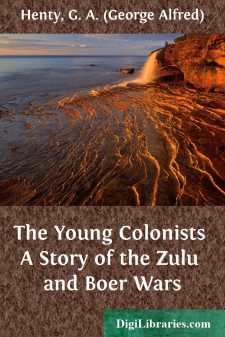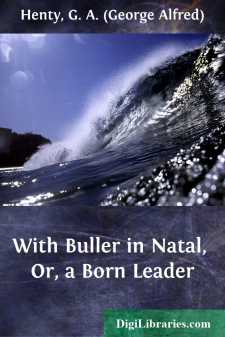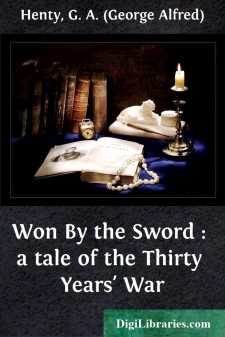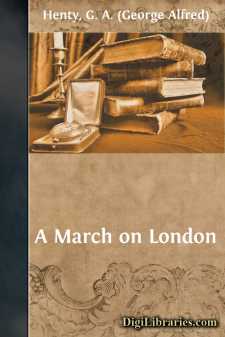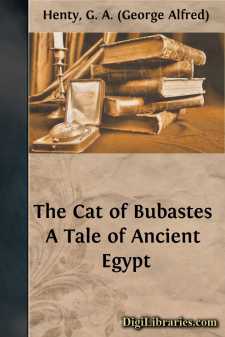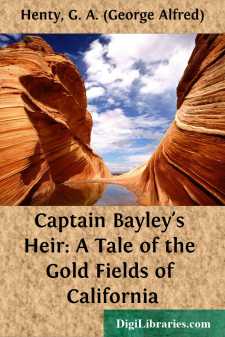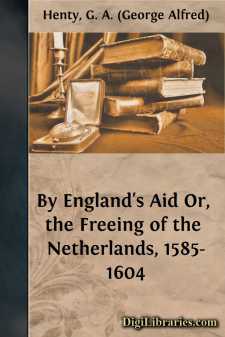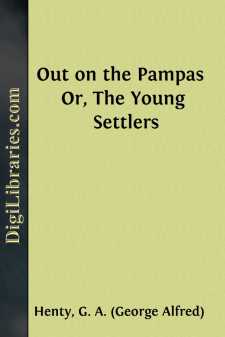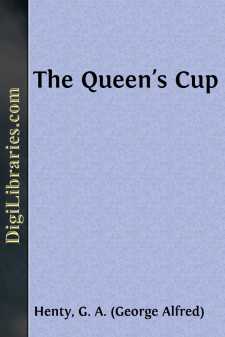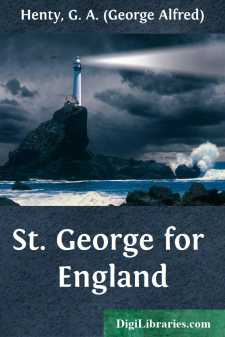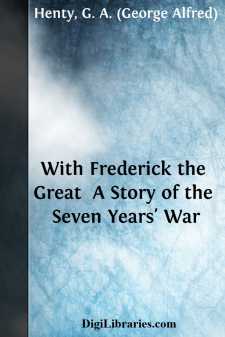Categories
- Antiques & Collectibles 13
- Architecture 36
- Art 48
- Bibles 22
- Biography & Autobiography 813
- Body, Mind & Spirit 138
- Business & Economics 28
- Children's Books 12
- Children's Fiction 9
- Computers 4
- Cooking 94
- Crafts & Hobbies 4
- Drama 346
- Education 46
- Family & Relationships 57
- Fiction 11821
- Games 19
- Gardening 17
- Health & Fitness 34
- History 1377
- House & Home 1
- Humor 147
- Juvenile Fiction 1873
- Juvenile Nonfiction 202
- Language Arts & Disciplines 88
- Law 16
- Literary Collections 686
- Literary Criticism 179
- Mathematics 13
- Medical 41
- Music 40
- Nature 179
- Non-Classifiable 1768
- Performing Arts 7
- Periodicals 1453
- Philosophy 64
- Photography 2
- Poetry 896
- Political Science 203
- Psychology 42
- Reference 154
- Religion 505
- Science 126
- Self-Help 81
- Social Science 81
- Sports & Recreation 34
- Study Aids 3
- Technology & Engineering 59
- Transportation 23
- Travel 463
- True Crime 29
The Young Colonists A Story of the Zulu and Boer Wars
Description:
Excerpt
Preface.
As a rule the minor wars in which this country has been from time to time engaged, have been remarkable both for the admirable way in which they were conducted and for the success that attended them. The two campaigns in South Africa, however, that followed each other with but a brief interval, were notable exceptions. In the Zulu War the blunder, made by the General in command, of dividing his army and marching away with the greater portion without troubling himself to keep up communication with the force left behind, brought about a serious disaster at Isandula. In the Boer War we also suffered two defeats,—one at Laing’s Neck, the other at Majuba Hill,—and when at last a British force was assembled capable of retrieving these misfortunes, the English government decided not to fight, but to leave the Boers in possession of the Transvaal. This unfortunate surrender has, assuredly, brought about the troubled state of things now existing in South Africa.
After having written upwards of fifty records of almost unbroken success to the British arms in almost all parts of the world, I have found it painful to describe these two campaigns in which we suffered defeat. I trust, however, that this story will prove of great interest to the reader because of the characteristic English pluck and daring of its hero.
G.A. Henty.
A Snow-Drift.
The country round Castleton, in Derbyshire, is greatly admired by summer tourists, for it lies in the wildest part of that county; but in winter the wind whistles sharply over the bleak hills—where there are no trees to break its violence,—the sheep huddle under the shelter of the roughly-built stone walls, and even lovers of the picturesque would at that season prefer a more level and wooded country. The farm of Mr Humphreys was situated about a mile from Castleton. It consisted of 100 acres or so of good land in the bottom, and of five or six times as much upland grazing on the hills. Mr Humphreys owned as well as farmed his land, and so might have claimed, had he chosen, the title of gentleman-farmer; but he himself would have scoffed at such an idea. He was a hard-working, practical farmer, about over his ground from morning to night, save when the hounds met within easy distance in winter; then he would mount “Robin,” who served alike as hunter, or hack, or to drive in the neat dog-cart to Buxton market; and, although there were many handsomer horses in the field, Mr Humphreys was seldom far off when the fox was killed.
His family consisted of his wife and two sons, the eldest, Richard, was about fourteen years old. His brother, John, was three years younger. Both went to school at Castleton. The younger boy was fond of his books; he had always been weak and delicate, and, being unable to spend his time in active exercise out of doors, he was generally to be found reading by the fire in winter, or lying on the ground in summer under a tree in the orchard, with his chin on his hand, and the book before him....


